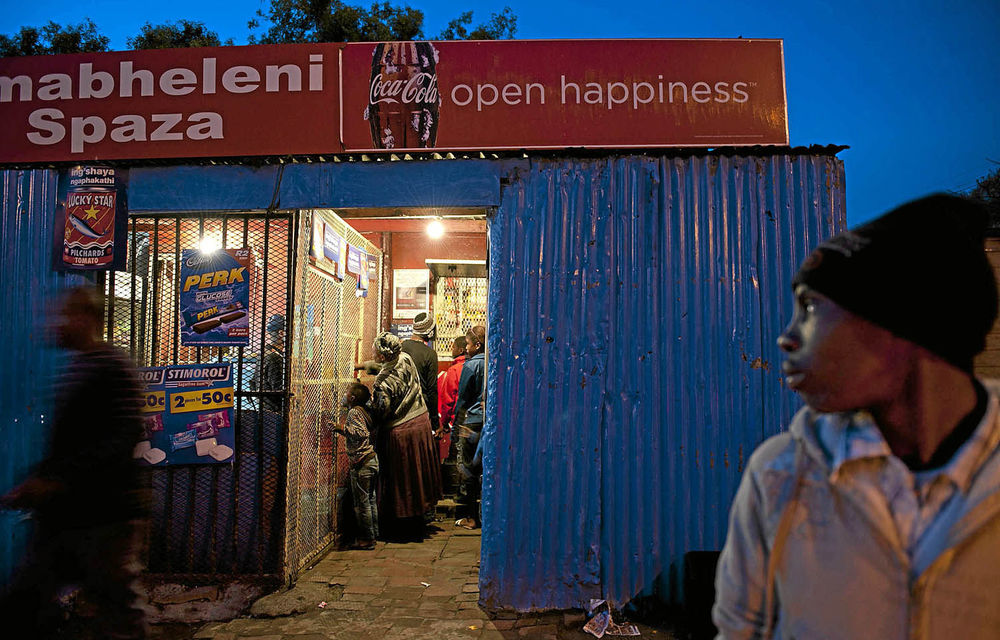411
Johannesburg’s Spaza Shop Compliance Plan to Improve Safety and Consumer Protection

Johannesburg’s Spaza Shop Compliance Plan Set to Improve Safety
The City of Johannesburg is rolling out a spaza shop compliance plan to phase out non-compliant spaza shops. This initiative will begin in Naledi, Soweto, under the leadership of Public Safety MMC Dr. Mgcini Tshwaku. The plan is part of a broader effort to enhance public safety and ensure that spaza shops adhere to the city’s regulations, particularly concerning food safety and quality.
“Joburg’s MMC for public safety Mgcini Tshwaku and David Tembe at Devland Cash and Carry, inspecting sell-by dates.
Tshwaku was with EMS to check building compliance.” /Thulani Mbele
Working Together for Compliance
Dr. Tshwaku, alongside former MMC and chief of the JMPD, David Tembe, is spearheading this effort. In collaboration with the Gauteng premier, the city plans to bring environmental health inspectors onboard for inspections. The spaza shop compliance plan is crucial in ensuring that businesses operate within the legal framework, especially when it comes to food safety for residents.
Challenges in Closing Non-Compliant Spaza Shops
While closing non-compliant spaza shops seems necessary, Tshwaku acknowledges the challenges in doing so. “Residents often rely on these shops for essentials, and closing them could lead to community backlash,” he explained. However, the new phased-in approach, beginning with Naledi, will work with ward councillors, health inspectors, and community members to gradually ensure compliance.
New Compliance Units for Daily Inspections
David Tembe announced that starting in November, new units comprising JMPD officials, environmental and health inspectors will carry out daily inspections. These teams will focus solely on spaza shops, ensuring consistent law enforcement. Tembe emphasized that the goal is not punishment but rather changing mindsets and encouraging adherence to city bylaws.
check out SARS for tax compliance information



























